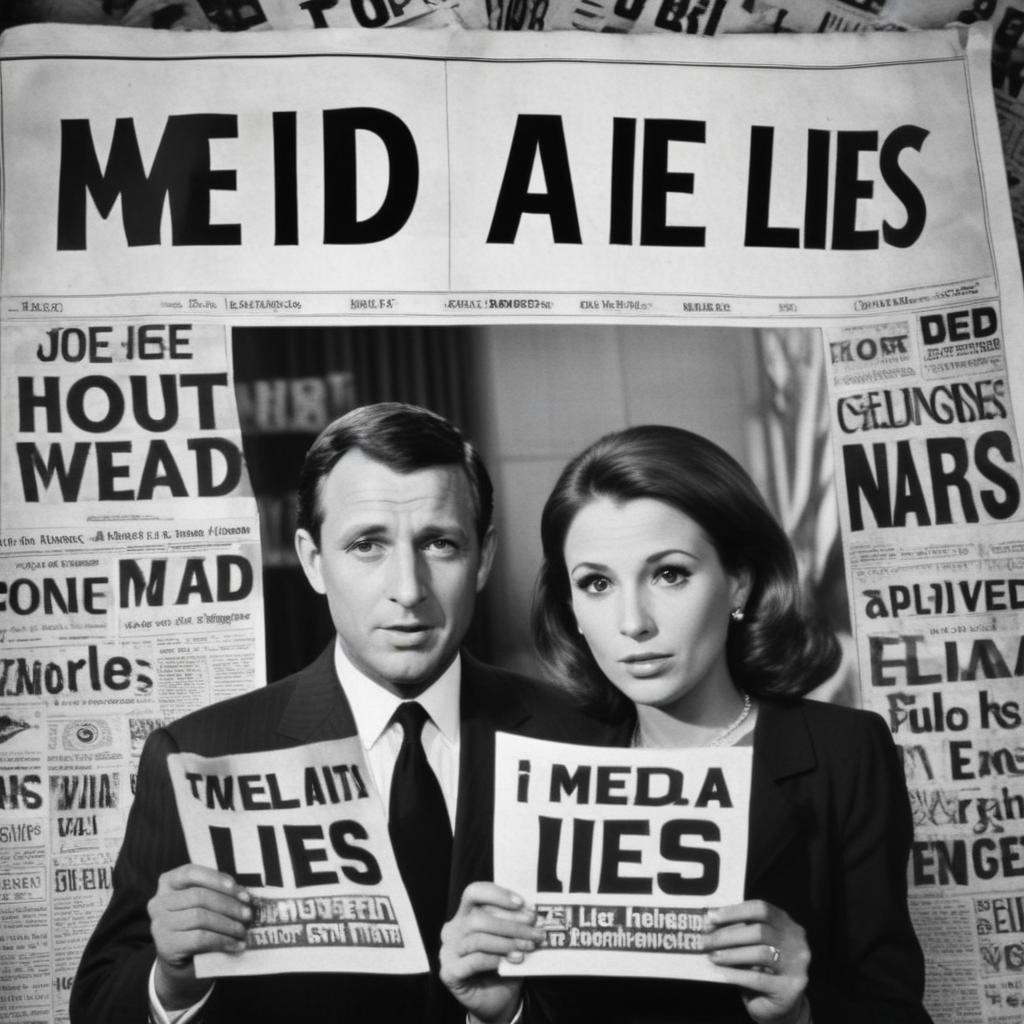Oysters open completely when the moon is full; and when the crab sees one it throws a piece of stone or seaweed into it and the oyster cannot close again so that it serves the crab for meat. Such is the fate of him who opens his mouth too much and thereby puts himself at the mercy of the listener.
—Leonardo da Vinci
Words change lives. They move markets. They can hand you wealth or put you in a whole lot of trouble.
Take the example of Russian liberal leader Kondraty Ryleyev.
In 1825, Ryleyev was demanding the country modernise to catch up with the rest of Europe.
Czar Nicholas I sentenced him to death.
On the day of Ryleyev’s execution, the rope broke and spared him from hanging.
In those days, a man saved by such divine interventions was usually pardoned.
As Ryleyev dusted himself off from the gallows, he proclaimed to the crowd: ‘You see, in Russia, they don’t know how to do anything properly, not even how to make rope!’
Word of the failed hanging reached the Winter Palace. Czar Nicholas duly signed the pardon.
‘Did he say anything after this miracle?’ the Czar asked the messenger.
‘He said that in Russia they don’t even know how to make rope.’
‘In that case,’ said the Czar, ‘let us prove the contrary.’
He tore up the pardon. Ryeleyev was hanged the next day.
This time, the rope did not break.
Overboard on imagined fear

Source: Image generated by Freepik AI
Ryeleyev was someone pursuing a worthwhile fight. But he let a moment of power get the better of him.
These days, news reports are rife with allegations of bad rope. Imagined fear draws eyeballs.
There are plenty of examples of mainstream media twisting the story to serve a view.
Here in New Zealand, it was found 81% of journalists are left-leaning. Until recently, they’ve had a monopoly on news, and the opportunity to brainwash weaker minds.
As a result, only about 30% of people trust them. Outlets have either gone out of business or are begging the government to force Big Tech companies to pay them for news.
This is a little like asking the All Blacks to pay losing teams so they can get some wins.
As investors, we do rely to some degree on media reports on what is happening in financial markets and with companies.
Fortunately, the investment news we access tends to be more objective. But since there are also many examples of bad rope, your job is to exercise discernment.
The budget airline stock case

easyJet Airbus A320-200. Source: BriYYZ / Flickr
In mid-July, earnings troubles at low-cost carrier Ryanair began to flash across my screens.

Source: CNN
We do not invest in Ryanair. But we are investors in rival easyJet [LON:EZJ].
I flew easyJet in Europe. After analysis of the business, I thought their quality and volume proposition could maintain high returns on equity.
Unfortunately the ‘bad rope’ of Ryanair’s troubles began to flag easyJet in media reports.
‘easyJet could be next in line for earning woes.’
‘The tough economic environment means lower fares.’
easyJet stock promptly fell over 10%.
I’ve learnt over the years to peel back news reports:
- What is being inferred to raise fear and sensation?
- What is objective fact versus opinion?
- Why should I trust this report?
Here, I reasoned that easyJet was on a different trajectory. Despite what media was inferring, the Company could well be the beneficiary of disgruntled Ryanair customers.
We bought easyJet.
Sure enough, a few days later, easyJet reported a 16% rise in pretax profit in the April-June quarter and said it was on track for a record summer.
After the battering following the Ryanair news, easyJet then became the biggest gainer on the FTSE 100 that week.
This proved another chance to buy a business at a better price.
Question your media
How often is a lot of reporting deceptive when it uses a situation to generate fear and shout ‘bad rope’?
This not only leads to mistrust in that media, but can lead unwary readers down unprofitable paths.
Right now, some media voices infer that government in New Zealand is fast-tracking us down a divisive track. That climate change is an existential threat we must revolve every decision around.
They imply that provocative leader Trump could be a danger to American democracy. From a pulpit of fear and emergency, they shout the rope is bad.
Your job in these strange days is to seek the truth, and when investing, find what is strong.
Are you looking for objective investing?
Here at Wealth Morning, our investment strategy is based on objective truth.
We aim to build up defensive and income-rich portfolios for our Eligible and Wholesale Clients.
Have you previous experience in investing?
Are you a sophisticated investor?
Or have you built significant wealth?
All these characteristics could qualify you as an Eligible or Wholesale Investor for a managed account under our strategy. The assets remain in your name, and you retain full ownership and custody of your assets.
We are currently offering free consultations on this opportunity.
I encourage you to reach out at this pivotal time.
Regards,
Simon Angelo
Editor, Wealth Morning
(This article is the author’s personal opinion and commentary only. It is general in nature and should not be construed as any financial or investment advice or any recommendation on any particular company. Please contact a licensed Financial Advice Provider to discuss your personal situation. Wealth Morning offers Managed Account Services for Wholesale or Eligible investors as defined in the Financial Markets Conduct Act 2013.)





Simon is the Chief Executive Officer and Publisher at Wealth Morning. He has been investing in the markets since he was 17. He recently spent a couple of years working in the hedge-fund industry in Europe. Before this, he owned an award-winning professional-services business and online-learning company in Auckland for 20 years. He has completed the Certificate in Discretionary Investment Management from the Personal Finance Society (UK), has written a bestselling book, and manages global share portfolios.